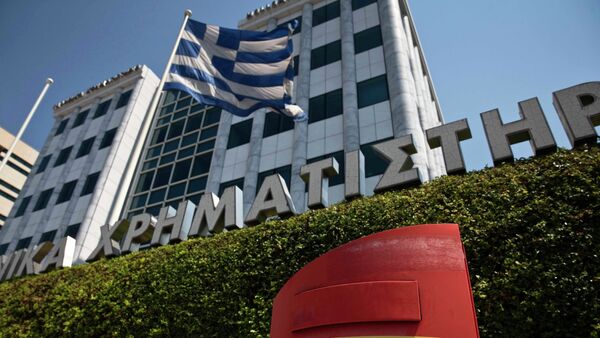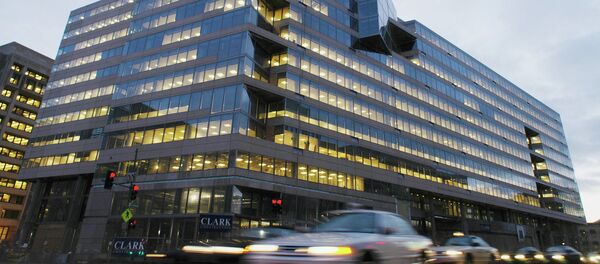These figures grimly reflect the woeful condition of the heavily indebted country’s economy.
Greece’s treasury didn’t wait for a less unfortunate time to deliver crushing news – the country’s tax revenues slumped by almost nine percent in the first half of 2015 versus the first six months of 2014.
Meanwhile, Greece is due to make a €3.2bn repayment to the European Central Bank on 20 August, and authorities continue to discuss a proposed €86bn third bailout.
According to Tsipras, talks with the four creditors — ECB, the International Monetary Fund, the European commission and Europe’s bailout fund, the European stability mechanism, — are reaching their last lap.
However, a lot depends on whether the prime minister will be able to compel his radical Syriza party to back new reforms at a social conference, scheduled for next month.
The IMF has already stressed that it is essential for Greece to sign up for a new economic reform program, otherwise no new funds can be committed. It is also necessary that the eurozone countries make a concerted effort to help the country out with its massive debt burden.
“There is going to be a discussion during the summer and autumn and then the board will make a decision during the autumn,” Sweden’s representative on the 24-member IMF board, Thomas Östros, told the Swedish daily Dagens Nyheter, adding “They have an inefficient public sector, corruption is a relatively big problem and the pension system is more expensive than [that of] other countries.”
At least the Greek stock markets saw the light at the end of the tunnel as it bounced back after three days of decline; the Athens index closed 3.65% higher. Also, although the rate of unemployment is still extremely high, it has at least fallen to its lowest level in three years.





